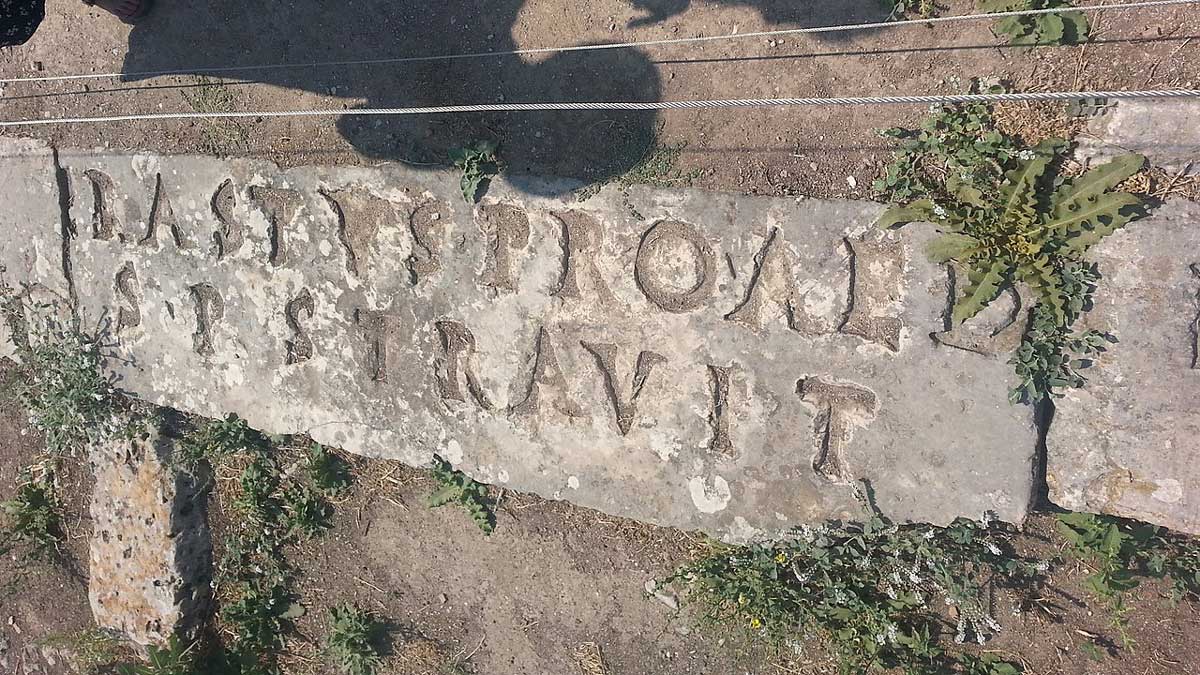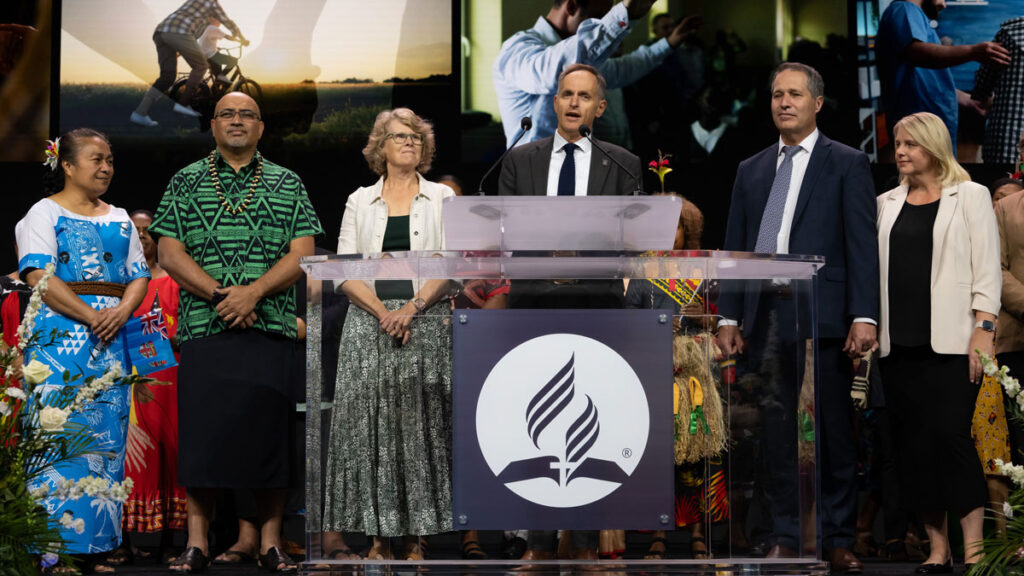In 1929 archaeologists in Corinth unearthed an inscription near the theatre that says Erastus paved this road as part of his aedileship in the city. Aedileship was an elected Roman office. The people were responsible for public buildings and festivals—some were treasurers.
This discovery was significant as the apostle Paul mentions an Erastus from Corinth twice and Luke once in the New Testament. Only a little detail is given.
Luke records that Erastus along with Timothy was sent by Paul to Macedonia while Paul was in Ephesus (Acts 19:22).
In the last chapter of Romans, Paul greets and recognises several people. In 16:23 he says the whole church from where he is writing, which was Corinth, greets you, including the city treasurer Erastus (Romans 16:23).
In the last letter and chapter to Timothy, Paul says in his greetings that Erastus remained in Corinth (2 Timothy 4:20).
From these texts and archaeology, it seems that Erastus was a wealthy city official. To have his name etched in stone suggests that he was a well known and prominent member of society. Erastus must have become a Christian in Corinth through the teaching of Paul. He became close to Paul as he was a travelling companion. Erastus, with Timothy, represented Paul as travelling Christian leaders sharing God’s message of encouragement to the early believers in Macedonia.
The early church was blessed to have wealthy people like Barnabas (Acts 4:36,37; 11:22,25; 13:1,2) and Erastus who funded ministries and went on missionary journeys themselves. I thank God for wealthy business people, government leaders and treasurers who share the wealth in their care for the future of the kingdom of God.
In the SPD there are many ministries, schools buildings, church buildings and clinics that have been funded by such people. Thank God for this disciple-making stewardship.






